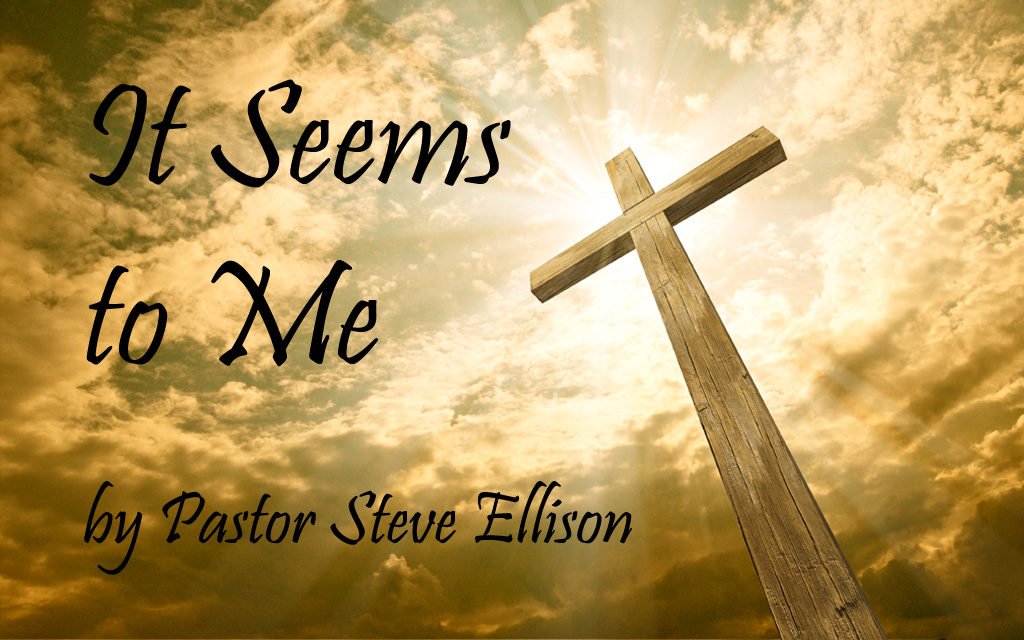by Pastor Steve Ellison
In Proverbs 23:29-35 God asks a series of generic questions that are basically directed at all of us. The questions are rhetorical. A certain answer is expected. He doesn’t usually spell out the answer, but He does in this case. Who has woe? Who has sorrow? Who has strife? Who has complaints? Who has needless bruises? Who has bloodshot eyes? Those who linger over wine, who go to sample bowls of mixed wine. Do not gaze at wine when it is red, when it sparkles in the cup, when it goes down smoothly! In the end it bites like a snake and poisons like a viper. Your eyes will see strange sights and your mind imagine confusing things. You will be like one sleeping on the high seas, lying on top of the rigging. “They hit me,” you will say, “but I’m not hurt! They beat me, but I don’t feel it! When will I wake up so I can find another drink?” (NIV)
Oh, how I wish that the Bible contained a verse that says pointblank, straight out, that drinking alcohol is absolutely wrong, a sin against man, and a sin against God. But it doesn’t. I don’t know why it doesn’t. I can only guess (note the danger in guessing) that God intends its use in moderation to somehow be a blessing to us. Wine is used in many places in the Bible as symbolic of joy. However, Proverbs 9, 20, 21, 23, Leviticus 10, Romans 14, etc. point out the grave dangers of drinking alcoholic beverages especially in excess. My observations, as a public-school teacher, coach, and as a pastor, lead me to the obvious conclusion that intoxicating agents (alcohol and other recreational drugs) are a terrible blight on society. Without a doubt, intoxicants lead to much of our crime. Intoxicants are contributing factors in many murders, car wrecks, child abuse cases, spousal abuse cases, accidental deaths, etc. A desire/need to purchase intoxicants leads many to a life of thievery. Oftentimes they steal from people they know, family members, friends, co-workers, bosses, etc. Thus, they destroy relationships, ostracizing themselves from the only people who have a reasonable chance of helping them to deal with their real problem. As I think back over my lifetime, I do not remember ever seeing a situation where intoxicants were a blessing to anyone involved. I do, however, recall myriads upon myriads of times where intoxicants were the direct cause of tragedies.
Nine years ago, I visited a man in a local hospital who was many years younger than me. He was in intensive care, close to death, unable to communicate, unable to eat. He had no injury or sickness other than that caused by excessive alcohol consumption. He was following in the footsteps of his father. Words of comfort to his mother and his daughter were impossible to find. Preaching his funeral was a tough task. That same week, I met with another young father trying to stave off the downward spiral of his life. He arrived with the smell of beer on his breath and admitted to drinking prior to driving to the church. Confronting that situation was necessary but difficult and ultimately proved futile.
What should I have said each week as the needy came into our food pantry, when it was painfully obvious that their use of intoxicants had brought them to the lowest levels of poverty? What can I say to the man whose use of intoxicants in moderation is not a problem for him but leads his child to use in excess? It seems to me that Proverbs 23, etc. make it plain that a man or a woman ought to treat intoxicants as they would a poisonous snake.





